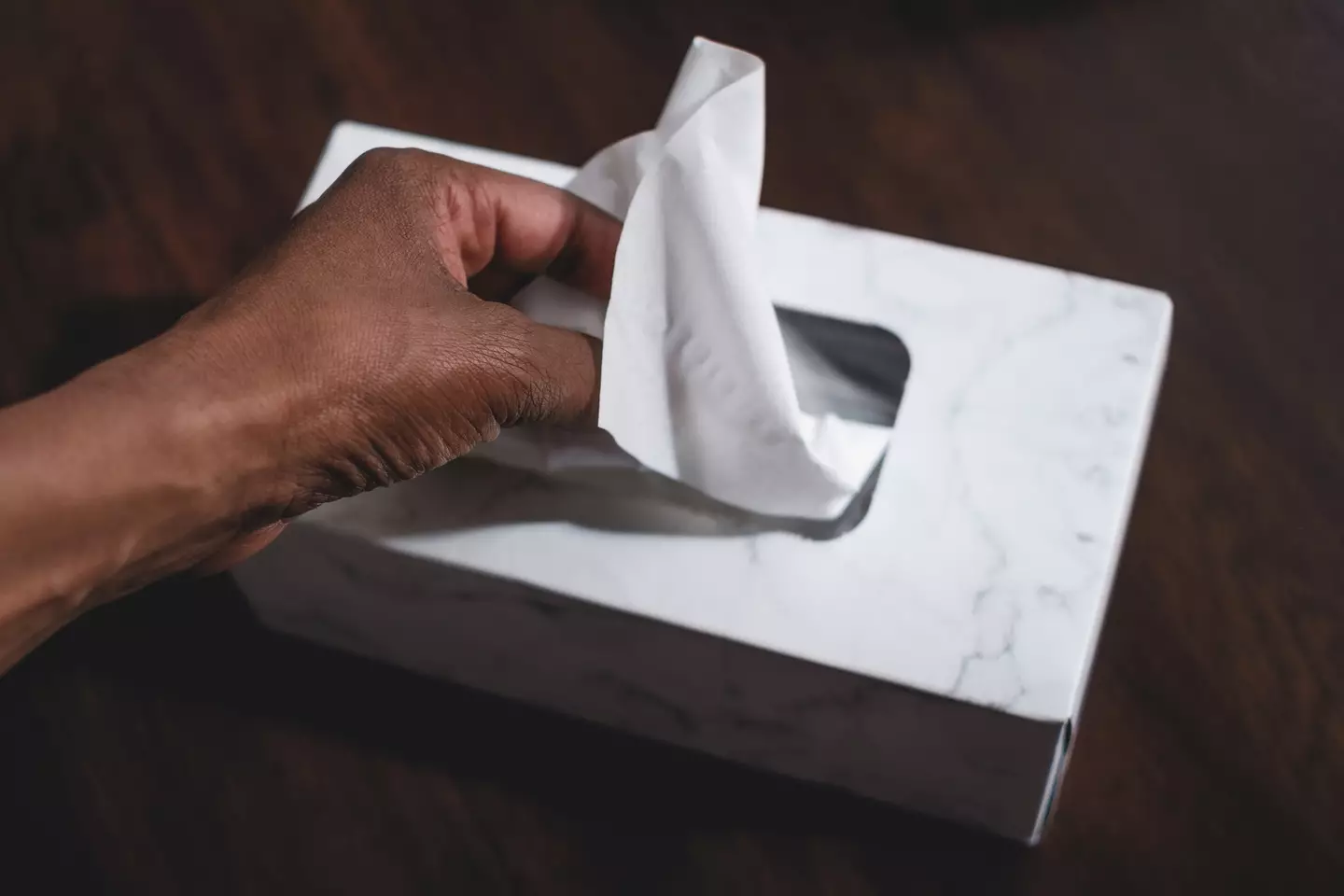
Listen up lads, this one's for you.
It's clear we're all very intrigued about the weird and wonderful world of sex; whether that's everything that happens to your body when you use sex toys, all things masturbation and even how not getting it on could actually benefit your relationship.
Now, we already know about the plethora of ways engaging in such extra-curricular activities (be it solo-style or with a partner) can positively impact your health and mental well-being - but did you know that one particular bedroom behaviour can actually quite significantly lower the risk of a common cancer in men, studies suggest.
The exact causes of prostate cancer - which is the most common cancer in males in the UK, accounting for 28 percent of all new cancer cases in males per Cancer Research UK - remain unclear.
Advert

However, genetics, diet, and lifestyle play major roles and, since the prostate is part of the reproductive system, researchers have investigated whether sexual activity affects prostate cancer risk.
Experts at Medical News Today note that, in males or anyone who has a penis, prostate health can benefit from frequent ejaculation, whether this is with another person or alone.
In fact, a 2018 study found that ejaculating two to four times per week had associations with a lower risk of prostate cancer.
And, according to a Harvard study, which involved 29,342 men (ages 46–81), tracking health and lifestyle data from 1986–2000, men who reported having 21 or more ejaculations per month had a 31 percent lower risk of prostate cancer compared to those with 4-7 ejaculations monthly.
That works out to at least five ejaculations a week, btw.

Ejaculation here included sex, nocturnal emissions, and masturbation, with results remaining strong even after adjusting for other lifestyle factors.
Harvard notes that another Aussie study, which looked at 2,338 men under 70 years old, found that men averaging 4.6–7 ejaculations per week were 36 percent less likely to develop prostate cancer before age 70 than those ejaculating less than 2.3 times weekly.
The protective effect was strongest for ejaculation frequency in early adulthood, but benefits were seen across all ages.
In short, both studies suggest that frequent ejaculation, especially in young adulthood, may reduce prostate cancer risk decades later.
This points to early-life sexual activity as a potential long-term factor in prostate health, kind of like how childhood sunburns affect later melanoma risk.
Further research is needed to understand the biological mechanisms behind this relationship - but you can't deny the findings are pretty fascinating.
If you’ve been affected by any of these issues and want to speak to someone in confidence, contact Macmillan’s Cancer Support Line on 0808 808 00 00, 8am–8pm seven days a week.
Topics: Sex and Relationships, Health, Life, Explained, Cancer, Science